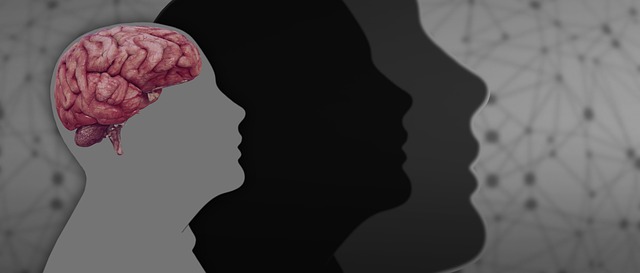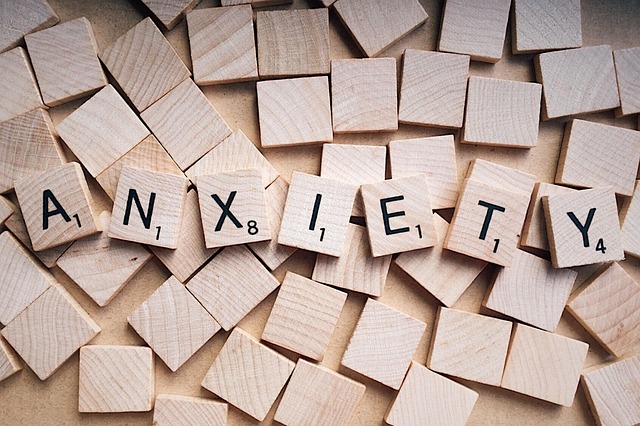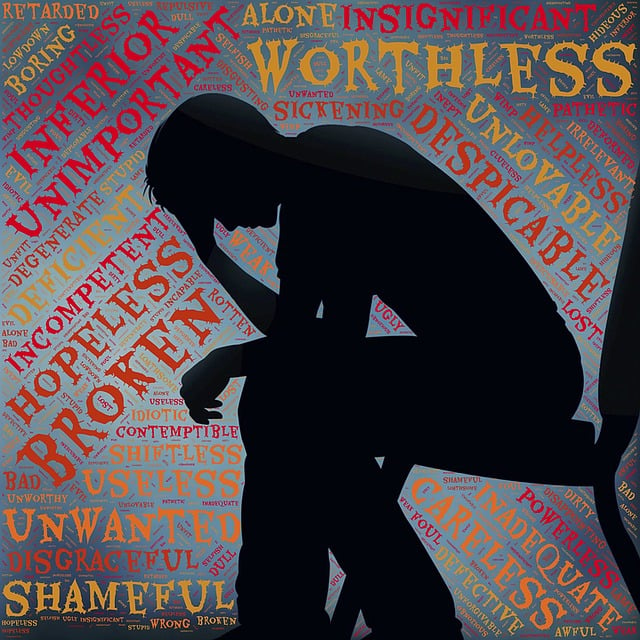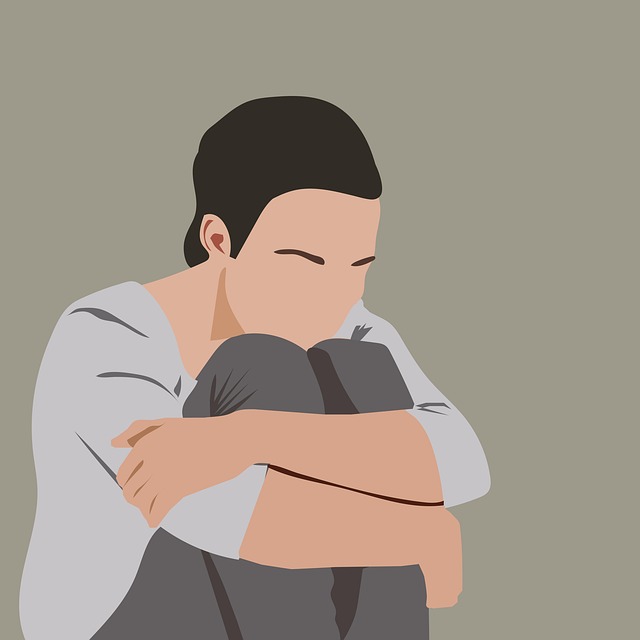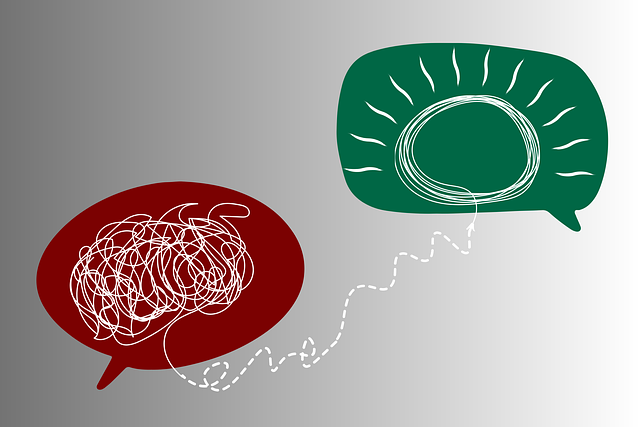The text discusses the unique mental health challenges faced by the elderly, emphasizing the need for innovative solutions like specialized apps. These apps, incorporating biofeedback techniques and emotional healing processes, offer accessible and tailored support for stress and anxiety management. Biofeedback technology is highlighted as a powerful tool for real-time feedback on bodily functions, enabling users to practice self-awareness exercises for better mental clarity and calmness. Designing therapy apps with biofeedback for elders enhances therapeutic outcomes, promotes mindfulness, and facilitates personalized care through risk management planning tools. Marketing these apps requires educating users, building trust, highlighting accessible interfaces, relatable testimonials, cultural sensitivity, and emphasizing crisis intervention tailored to the elderly.
The mental wellness of the elderly is a growing concern, highlighting the need for innovative solutions like mobile apps. This article explores the development of mental health apps tailored to the unique needs and challenges faced by older adults. We delve into the importance of understanding their specific mental health issues and how biofeedback technology can offer effective stress reduction. By combining biofeedback with engaging features, app developers can create powerful tools for therapy. Additionally, we provide insights on marketing strategies to foster user adoption among the elderly demographic, ensuring accessible and impactful mental wellness support.
- Understanding Elderly Mental Health Needs and Challenges
- Biofeedback Technology: A Powerful Tool for Stress Reduction
- Designing a Therapy App: Incorporating Biofeedback and Additional Features
- Marketing and User Adoption Strategies for Elderly Users
Understanding Elderly Mental Health Needs and Challenges

The mental health needs of the elderly population present unique challenges that require tailored approaches and innovative solutions. As people age, they may face increased isolation, reduced mobility, and cognitive changes, all of which can contribute to elevated stress levels and depression. Traditional therapy methods might not always be effective or accessible for this demographic due to factors such as physical limitations or stigma surrounding mental health discussions among older adults. Therefore, developing specialized apps that offer tailored support is crucial.
Biofeedback, a therapeutic technique using real-time sensors to monitor physiological responses, can be a powerful tool in elder mental wellness coaching programs. By teaching users to control their bodily reactions, biofeedback helps manage stress and anxiety. Additionally, incorporating emotional healing processes and effective communication strategies into app development ensures that older adults receive comprehensive support tailored to their evolving needs.
Biofeedback Technology: A Powerful Tool for Stress Reduction

Biofeedback technology has emerged as a powerful tool within mental wellness app development, offering unique benefits for stress reduction and emotional well-being promotion. This non-invasive approach allows users to gain control over their physiological responses, making it particularly appealing for older adults seeking therapy. By providing real-time feedback on bodily functions like heart rate and muscle tension, biofeedback enables individuals to practice self-awareness exercises tailored to their specific needs.
Through various emotional well-being promotion techniques, such as guided meditation and conflict resolution techniques, users can learn to manage stress more effectively. By regularly engaging with these self-awareness exercises, elders can enhance their ability to navigate challenging situations, improve overall mental clarity, and achieve a deeper sense of calm. This not only contributes to better psychological health but also enhances the quality of life for this demographic group.
Designing a Therapy App: Incorporating Biofeedback and Additional Features

In designing a therapy app focused on mental wellness, particularly tailored for elders, biofeedback stands out as a powerful feature to incorporate. By enabling users to monitor and regulate physiological responses, biofeedback can significantly enhance therapeutic outcomes. This is especially beneficial for older adults who might face unique challenges in managing stress and anxiety, often associated with aging and health transitions. The app could guide users through relaxation techniques, providing real-time feedback on heart rate, breathing patterns, and muscle tension to foster mindfulness and self-awareness.
Furthermore, integrating features that support risk management planning for mental health professionals can help ensure personalized care. This includes tools for tracking progress, setting achievable goals, and implementing burnout prevention strategies for healthcare providers, a key consideration given the demanding nature of the field. By addressing both individual user needs and the well-being of mental health professionals, such an app could contribute to effective stress management, promoting sustainable mental wellness practices among elders.
Marketing and User Adoption Strategies for Elderly Users

Marketing mental wellness apps for elderly users presents unique opportunities and challenges. This demographic often faces barriers to adopting new technologies due to fear of the unknown, lack of digital literacy, or health-related concerns. Effective marketing strategies must therefore prioritize educating and building trust with potential users. Highlighting the accessibility and simplicity of the app interface, along with showcasing its potential benefits through relatable testimonials from peers can be powerful tools for fostering acceptance.
Focusing on the therapeutic aspects, such as biofeedback and emotional intelligence training, can pique interest while appealing to the specific needs of elders. Emphasizing crisis intervention guidance tailored for older adults demonstrates a commitment to their unique mental health considerations. Incorporating cultural sensitivity in app design and marketing ensures inclusivity, addressing potential apprehensions and encouraging adoption among diverse elderly populations.
The development of mental wellness apps, particularly incorporating biofeedback technology, offers a promising approach to addressing the unique mental health needs of the elderly. By understanding the specific challenges faced by this demographic and leveraging innovative tools like biofeedback, app developers can create effective therapy solutions. As discussed, designing an app that seamlessly integrates biofeedback with intuitive interfaces and additional therapeutic features has the potential to improve mental well-being among older adults. Effective marketing strategies targeting elderly users and focusing on app adoption will further enhance accessibility and utilization of these valuable resources. With continued research and development, therapy apps utilizing biofeedback can play a crucial role in supporting the mental health and overall quality of life for elders.
